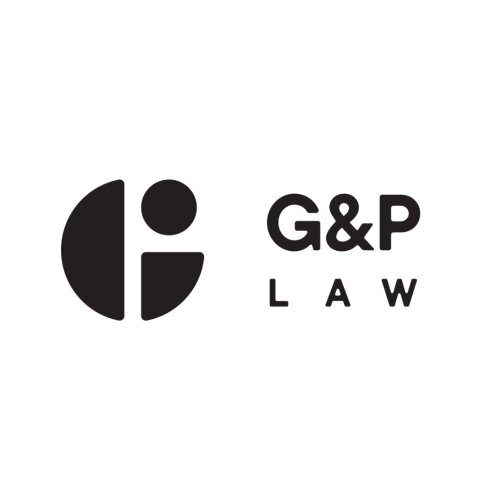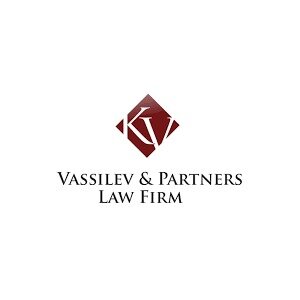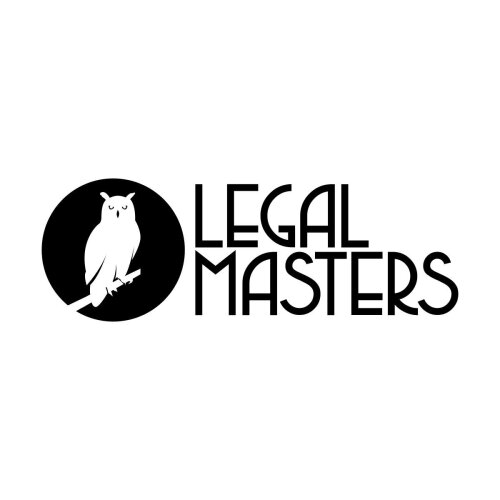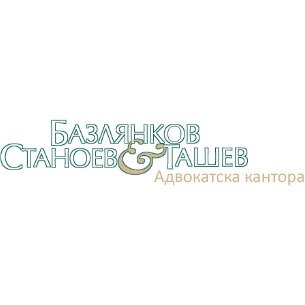Best Natural Resources Lawyers in Bulgaria
Share your needs with us, get contacted by law firms.
Free. Takes 2 min.
Or refine your search by selecting a city:
List of the best lawyers in Bulgaria
About Natural Resources Law in Bulgaria
Natural resources law in Bulgaria covers the management, regulation, and protection of the country’s natural resources, including minerals, forests, water, and energy resources. Bulgaria is endowed with diverse natural resources, and their sustainable use is crucial for economic growth and environmental conservation. The legal framework ensures that these resources are utilized efficiently and responsibly, balancing economic interests with environmental protection.
Why You May Need a Lawyer
There are several scenarios where legal advice is essential in natural resources law:
- Resource Exploration and Exploitation: Companies planning to explore or extract natural resources may need guidance on obtaining permits and ensuring compliance with environmental regulations.
- Regulatory Compliance: Individuals or businesses must adhere to various regulations concerning the use and conservation of natural resources, and legal expertise can help navigate these requirements.
- Disputes and Litigations: Legal issues can arise over land use, water rights, or conflicts between different interests, requiring legal intervention or representation.
- Environmental Impact Assessments: Legal advice may be necessary for conducting assessments and implementing measures to mitigate adverse environmental impacts.
- Land Use Planning: For projects involving significant land transformations, professional legal input is necessary to comply with sustainable use principles.
Local Laws Overview
Bulgaria has a comprehensive set of laws governing natural resources, focusing on sustainable development and ecological balance. Key pieces of legislation include:
- Minerals Act: Governs the exploration, extraction, and management of mineral resources.
- Water Act: Regulates the use and protection of water resources, including provisions for pollution control and quality standards.
- Forestry Act: Covers forest management, protection, and sustainable use of forest resources.
- Environmental Protection Act: Provides a framework for the protection and restoration of environmental quality, applicable to various natural resources.
Frequently Asked Questions
What are the main criteria for obtaining a resource extraction permit?
The granting of a permit typically involves environmental impact assessments, feasibility studies, and consultations with relevant stakeholders.
How does one appeal a decision regarding land use change?
Decisions can be appealed through administrative courts, relying on legal grounds concerning compliance with national laws and regulations.
Is public participation required in environmental decisions?
Yes, Bulgarian law requires public consultations in environmental decision-making processes, ensuring transparency and community involvement.
What penalties exist for unauthorized natural resource extraction?
Penalties vary but can include fines, suspension of operations, and legal actions, depending on the severity and impact of the unauthorized activity.
What are the obligations for restoring exploited land?
Operators must rehabilitate lands according to approved plans, ensuring ecological balance and structural integrity post-exploitation.
How is forest conservation enforced?
Through regular monitoring, enforcement of sustainable practices, and legal actions against illegal logging or degradation activities.
Who regulates water usage in Bulgaria?
The Ministry of Environment and Water is the primary agency responsible for the regulation and monitoring of water resources.
Do international environmental agreements affect local natural resources law?
Yes, Bulgaria is a signatory to several international treaties that influence national laws and require compliance with broader environmental standards.
What are the steps in conducting an Environmental Impact Assessment (EIA)?
Steps typically include screening, scoping, impact analysis, public consultations, mitigation planning, and submitting an EIA report for approval.
How are disputes over resource rights typically resolved?
Disputes can be resolved through mediation, arbitration, or legal proceedings in court, depending on the nature and complexity of the conflict.
Additional Resources
For those seeking more information or assistance, consider the following resources:
- Ministry of Environment and Water: The governmental body responsible for environmental policy and regulation in Bulgaria.
- Bulgarian Chamber of Mining and Geology: An organization representing companies involved in mineral extraction.
- Forestry Agency: Oversees forest management and conservation efforts.
- Local Environmental NGOs: These groups can provide insights into sustainable practices and legal resources for advocacy.
Next Steps
If you need legal assistance regarding natural resources in Bulgaria, consider the following steps:
- Research: Investigate the relevant legal framework related to your issue.
- Consult a Lawyer: Reach out to a legal expert or firm specializing in natural resources law for specific advice and representation.
- Contact Relevant Authorities: Engage with governmental agencies that can provide additional guidance and information.
- Document Everything: Keep a record of all communications, decisions, and documentation related to your case.
- Stay Informed: Continually update yourself on changes and developments in the legal landscape concerning natural resources.
Lawzana helps you find the best lawyers and law firms in Bulgaria through a curated and pre-screened list of qualified legal professionals. Our platform offers rankings and detailed profiles of attorneys and law firms, allowing you to compare based on practice areas, including Natural Resources, experience, and client feedback.
Each profile includes a description of the firm's areas of practice, client reviews, team members and partners, year of establishment, spoken languages, office locations, contact information, social media presence, and any published articles or resources. Most firms on our platform speak English and are experienced in both local and international legal matters.
Get a quote from top-rated law firms in Bulgaria — quickly, securely, and without unnecessary hassle.
Disclaimer:
The information provided on this page is for general informational purposes only and does not constitute legal advice. While we strive to ensure the accuracy and relevance of the content, legal information may change over time, and interpretations of the law can vary. You should always consult with a qualified legal professional for advice specific to your situation.
We disclaim all liability for actions taken or not taken based on the content of this page. If you believe any information is incorrect or outdated, please contact us, and we will review and update it where appropriate.
Browse natural resources law firms by city in Bulgaria
Refine your search by selecting a city.

















